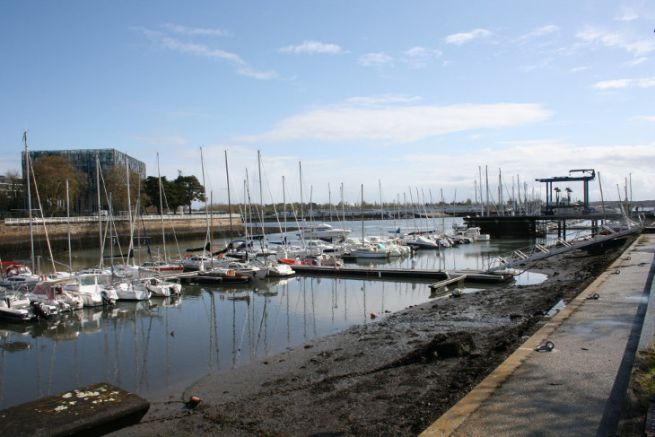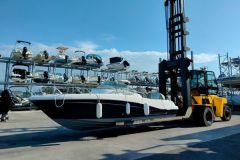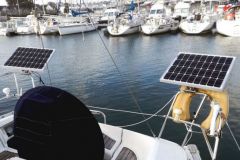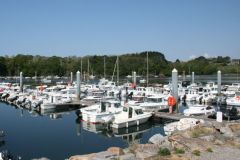Reserve places for electric boats in marinas
The National Assembly is currently studying the law on the orientation of mobility. Covering all modes of travel, the text envisages amending the transport code which governs in particular navigation, whether commercial or recreational. In an amendment tabled by Damien Adam, MP, elected La République En Marche de Seine-Maritime, the majority wants to prepare the ecological transition in the nautical sector. The new provision takes the form of an article entitled "Electric terminals in marinas", stating that "as from 1 January 2022, in marinas with a capacity of more than 100 berths, at least 1 % of berths with a one-year private provision are reserved for electric vessels"
While the text refers to berths reserved for electric vessels, the explanatory statement specifies a target of 1% of berths equipped with electric charging stations. As marinas are generally equipped with low-intensity terminals for service batteries and the consumption of stopovers, legislation will probably have to specify the specific needs of a recharging electric boat in the future. The issue of welcoming visitors at stopovers also remains unresolved.
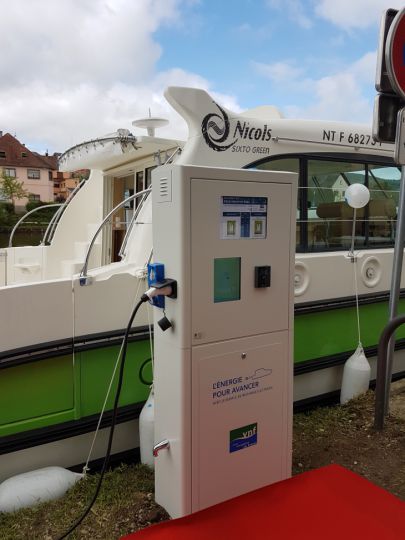
Electrical terminal installed by VNF for river boats
Initiate a transition in boating similar to the automobile
The objective of the bearers of the text is to launch a dynamic in the yachting industry, on the occasion of the law on the orientation of mobility. "Our objective is to send a signal to the sector and create a movement that reflects what is being done in the automotive industry," explains Basile Rey, an associate of Damien Adam's MP. "We had the government's agreement to carry this text and discussed it in advance with stakeholders such as the Association Française du Bateau Electrique. This only concerns major ports with more than 100 berths. The objective of 1% of boat places by 2022 seemed reasonable to us."
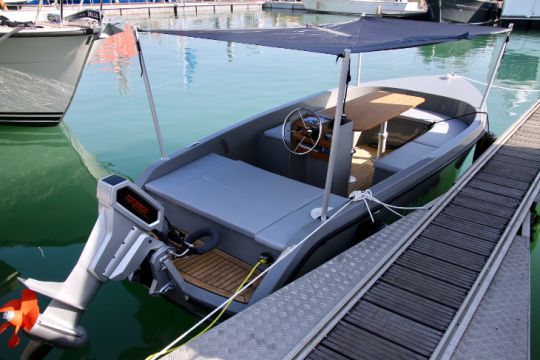
Electric boat Rand Boat, typical of today's electric boating
A text still to be validated
While the amendment was adopted by the Economic Affairs Committee of the National Assembly, there are still several steps to be taken before its possible adoption. It has yet to be adopted by the Commission on Sustainable Development before it can be presented to the House for a vote.

